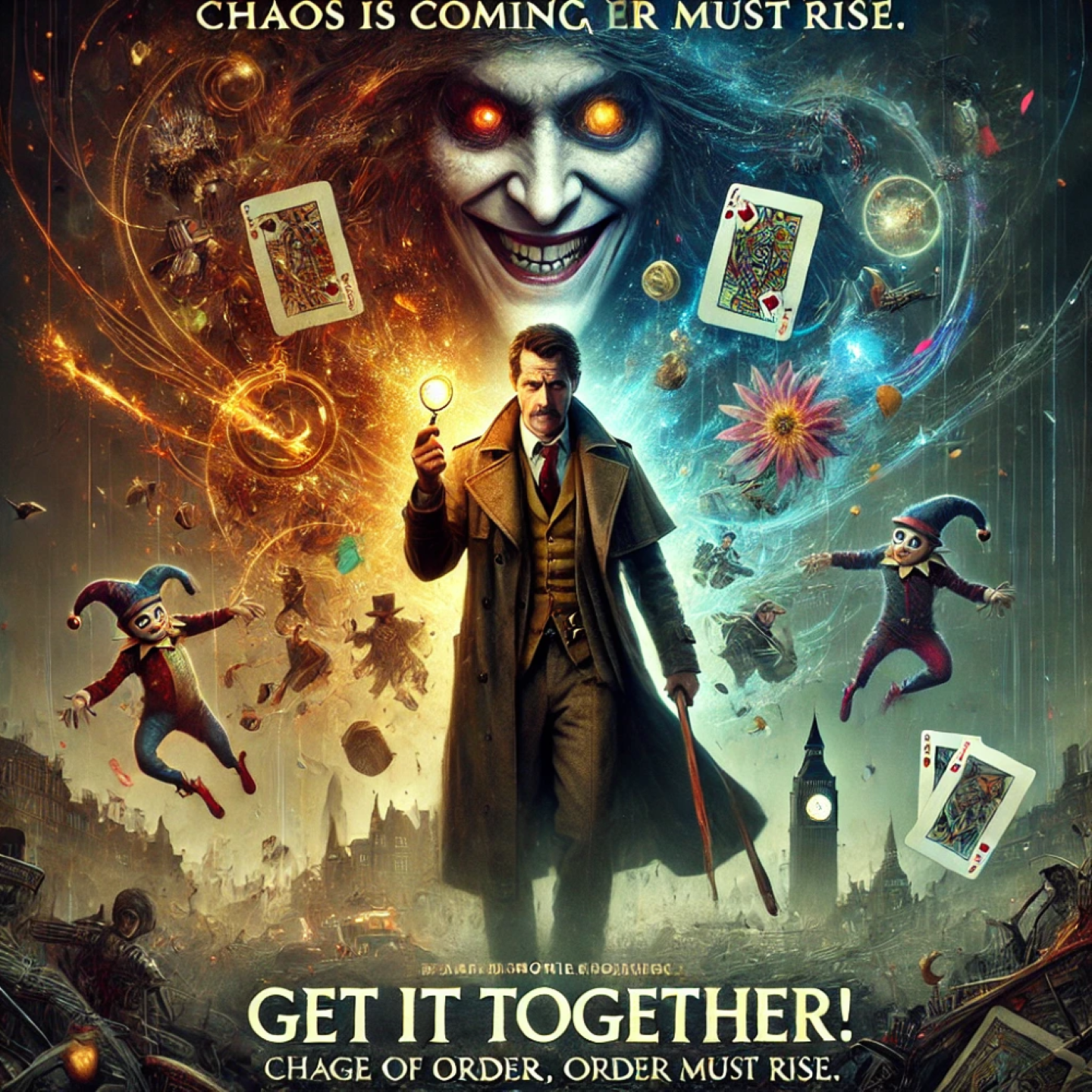THE STAGE 32 LOGLINES
Post your loglines. Get and give feedback.

GET IT TOGETHER!
By Ajibola Taiwo
A young nerdy cop from Michigan is thrust into a world of magic where he must stop a malicious plot from the Witch of Chaos.
SYNOPSIS:
The Dark Knight x The Chronicles of Narnia
Henry Spade is a slothful, indulgent and nerdy police officer who only sees his job as an extrinsic means of making himself look good on social media, instead upholding the law in a meaningful way. Which is exactly what Dementia Eris Discordia: The Witch of Chaos wants to expose once he enters the new world and becomes the Sage of Order. Get It Together, is my subversive and meta modernist response to Narnia and the Dark Knight. To clarify, the premise of The Chronicles of Narnia: The Lion, The Witch, and The Wardrobe, is about a group of siblings being teleported to fight stop an evil queen’s desire for conquest. Now what makes that story work is that the siblings have Aslan guide them throughout their journey and due to being underpowered, they MUST listen to him to get stronger and smarter to defeat their adversaries and restore peace to Narnia.
I subvert this trope by making Henry Spade overpowered from the get-go due to his nerdiness and shallow nature, deludes him from heeding Aaron’s advice which leaves unprepared and isolated whenever he confronts any insurmountable obstacles. But in meta modern fashion, instead of only using this as a means of shaming people like Henry by showing them that ignoring good counsel will lead to your isolation and demise. But I also use it, to show that the door to good counsel is always open, by showing that Aaron’s loyalty to his fellow Sage of Order.
Furthermore, in the Dark Knight’s famous opening bank heist sequence establishes the Joker as a nihilistic and heinous schemer who’s willing to abandon his comrades for own ends. To contrast this, Dementia’s opening scene highlights how she needs comrades to she can confide in to materialize her desires, thus showcasing how she intrinsically values unity. Also in the interrogation scene, Joker and Batman’s ideals were unwavering due to their relentless and boundless conviction, but when an identical scene plays out between Henry and Dementia, the latter easily converts the interrogation into a lob-sided mockery of Henry’s slothfulness, childish main character syndrome and misogynistic hero complex.
However, for the sake of equilibrium and redemption, Dementia offers Henry a chance to earn the acknowledgement he desperately craves, on one nightmarish condition: he must embark on a journey where he must confront all the things he already hates about himself and overcome all his character flaws in the form of Dementia’s Agents of Chaos.
Much like Subaru Natsuki, Henry Spade is my subversive critique of the loser “self-insert” protagonist getting an easy life where they get a makeover and play hero to force their wills onto the women around them as consolation for their slothful and pitiful lives. This a hero’s journey with personal stakes that forces the hero (and the audience) uncomfortable truths about themselves and make life-changing improvements to attain true self-fulfillment as opposed to self-indulgent wish fulfillment.


Rated this logline
Rated this logline
Rated this logline